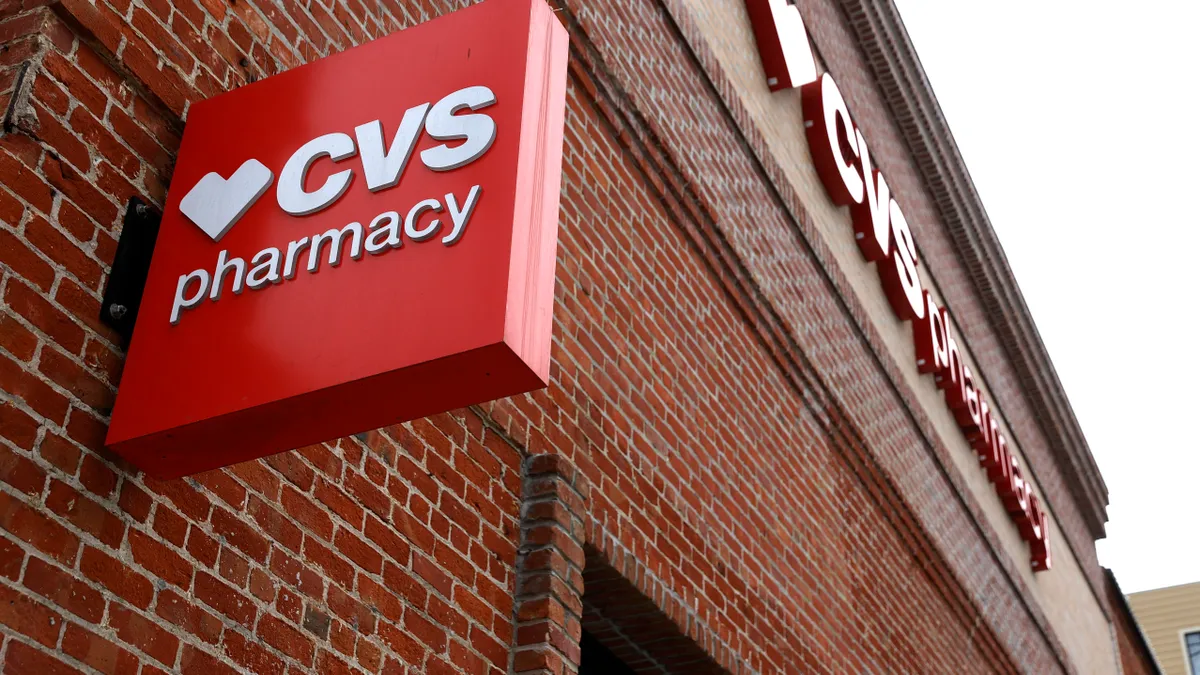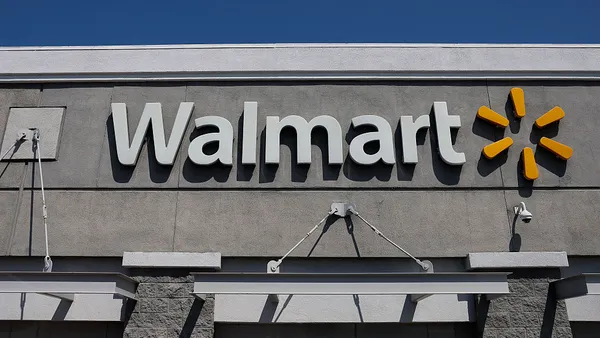Dive Brief:
- CVS is using machine learning personalization to increase prescription refill rates and reduce gaps in treatment, according to Sunanda Parthasarathy, senior director of data science, retail pharmacy personalization at CVS, speaking Wednesday at The AI Summit in New York City.
- "For us to influence a behavior change, we test and learn," said Parthasarathy. Dedicated scrum teams work alongside internal stakeholders to carry out experiments in real time, using machine learning to find the strategies that make it easier for people to pick up their medications.
- To connect the technology with positive business outcomes, the company had to take the intricacies of the pharma supply chain, a complex pricing structure and the sparsity of data into consideration as it built out the solution.
Dive Insight:
Enterprises are coming to AI for improved financial performance, which can mean lowering operating costs or boosting revenues. With personalization, CVS wants to improve customer loyalty, which can in turn boost revenues.
This strategy comes as CVS plans to close some 900 stores over the next three years, citing changes in population as well as consumer buying patterns, part of a move closer to the healthcare space, Retail Dive reports. The company had 9,900 stores and 1,200 walk-in medical clinics as of Sept. 30. As a result of the closures, the company said it expects to record an impairment charge of up to $1.2 billion.
Traditional pharmacies are dealing with competition from newer market entrants when it comes to medication delivery, according to a blog post from George Van Antwerp, managing director, and Greg Myers, manager at Deloitte.
Incumbent organizations in the space can learn from younger companies "to think about how to use data and technology to create a hyper-personalized and human-centered consumer experience. Embracing the technical, operational, cultural and financial changes to embrace this new model will likely be essential," according to Van Antwerp and Myers.
With machine learning techniques, CVS has worked to determine which strategy is more likely to improve the individual experience, said Parthasarathy. For example, the pharmacy can sync multiple prescriptions to be ready on the same day, suggest side-effect counseling or have prescriptions ready as soon as they're needed.
Data science also helps CVS understand what's driving behavior among customers who aren't adhering to their treatment.
"We use machine learning and AI to determine what is the right service for them," said Parthasarathy. "Should I be offering delivery because maybe they're in an accident that's not going to let them come easily into the store?" But it's a complex landscape for predictions, given the sparsity of data as well as other restrictions of the pharma space, she said.
Despite the challenges, the company has found "a significant enough improvement that we are scaling this solution up and trying very similar things" in other parts of the organization, Parthasarathy said.












